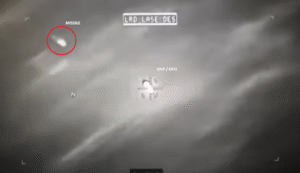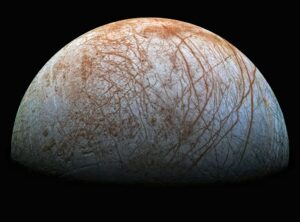What is the International System of Units (SI)?
The International System of Units (SI) is defined as a metric system that is used as a measurement standard accepted globally. SI unit is derived from the French word Systeme International. It plays a vital role in developing scientific and technical research to avoid confusion within units.
What is the SI unit of the magnetic field?
The SI unit of the magnetic field is Tesla. There are numerous numbers, terms and quantities studied in physics which are expressed in various units. One must know the CGS and the SI units frequently to ace in physics. The units and explanations can help to get into the depth of different topics.
What are basic units in physics?
Basic units are known as the fundamental units which are mostly used as the building block of the system of units and then the other units can be derived from SI basic units. There are 7 SI basic units. These units are interdependent with each other mutually stating Base Units.
physics university of toronto
Why study physics at the University of Toronto?
Undergraduate Program The Department of Physics at the University of Toronto offers a breadth of undergraduate programs and research opportunities unmatched in Canada and you are invited to explore all the exciting opportunities available to you. Skip to Content Department of Physics
What are the graduate programs in physics?
The Department of Physics offers graduate programs leading to the Master of Science and Doctor of Philosophy degrees. The department carries out research in experimental and theoretical physics in the following fields: atmospheric physics, geophysics, quantum optics, condensed matter physics, subatomic physics and astrophysics, and biophysics.
What is the UofT PhD in Physics Award?
It is awarded annually to a full-time UofT Mississauga student registered in a Specialist or Major program related to Physics, ideally to a 3 rd year student. Students with financial need will be given preference.
What is the residence requirement for the Department of Physics?
The residence requirement is one year, whereby students must be on campus full-time and consequently in geographical proximity to be able to participate fully in the University activities associated with the program. The Department of Physics offers excellent quality and breadth of research fields.
physics university of manchester
Can I apply for more than one physics course at Manchester University?
You should not usually apply for more than one Physics-based course offered by The University of Manchester. Applicants to this course can change to any one of the courses offered within the Department of Physics and Astronomy at any time before the start of the academic year. Factors contributing to a successful application include:
Why study physics and astronomy at Manchester University?
An undergraduate degree in the Department means learning from leading scholars and using excellent facilities. At Manchester, we provide exceptional resources and academic experts for your postgraduate programme. Walk any number of possible career paths with a degree from the Department of Physics and Astronomy.
What will I study in a BSc Physics course?
You have the option of transferring to the three-year BSc Physics course at the beginning of your third year, if you so wish. You will cover the basics of classical physics and progress to modern, diverse topics – including atomic and molecular structure, electro-magnetic radiation, lasers, stars and cosmology, and particle and nuclear physics.



